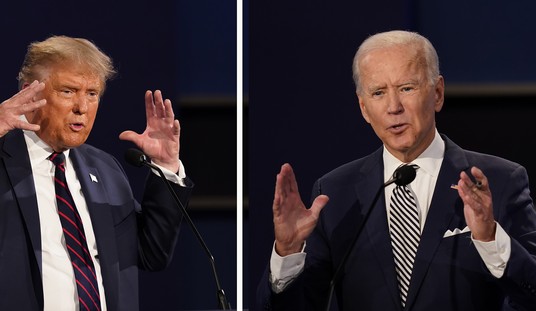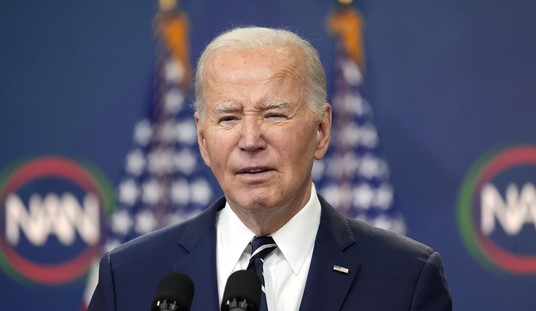As a writer, it’s useful to remember that if you’re going to be err, there’s not much of a point in doing so on a small scale. If you type “peek” when you mean “peak,” as I did last week, you’ll probably amuse your readers, but they’ll still understand your larger point. No, sometimes it’s better to simply ignore the very point you’re writing about. That way you can write whatever you like, without having to tie it in to reality. Consider a recent offering from Washington Post columnist Dana Milbank.
On September 12, he rose to defend the honor of famed economist John Maynard Keynes from attacks by some Republicans, who purportedly “portray him as some sort of Marxist revolutionary.”
Milbank writes that conservatives have “managed to turn the Keynesian notion of economic ‘stimulus’ into such a dirty word that President Obama and his aides are afraid to let it escape their lips.” Ah, so, the main reason the stimulus is unpopular is because right wingers are talking it down? We must have an excellent public relations firm. Too bad the GOP didn’t use that firm to help it win elections in 2006 or 2008.
Back in reality, the reason Obama administration officials are running away from the stimulus because it’s fallen so far short of its promises.
In January 2009, Obama’s top economic advisors insisted a Keynesian stimulus would keep American unemployment below 8 percent. Those who believed that rosy scenario remain disappointed, as the jobless rate with the stimulus package in effect seems stuck at 9.5 percent. Christina Romer, one of the advisors who forecast 8 percent unemployment, has since returned to the academic world (hey, at least she’s got a job) after admitting she didn’t understand why the Keynesian stimulus isn’t working. Milbank covered her final news conference for the Post, and gently mocked her bewilderment. However, he clearly doesn’t get it either.
“With so much of Keynesian theory universally embraced, Republican denunciation of him has a flat-earth feel to it,” he wrote. “Keynes’s place in economics is similarly unassailable, and the assault on him lends credibility to the charge that the Republicans lack ideas of their own and are merely generating opposition for its own sake.”
Recommended
But Keynesian economics is being assailed -- not by a political party, but by events. Milbank omits the key feature of Keynesianism: the multiplier effect. Supposedly the power of government spending is that it unlocks other spending. For example, a road building project gives money to workers who spend it at other businesses who invest in new equipment, and on and on and on. Economists even have a mathematical formula that predicts a $150 billion expansion in GDP for every $100 billion the government spends.
Except it doesn’t work that way.
A key reason is that the government can’t “give” anyone anything. Every dollar it spends must be borrowed or taxed, thus leaving less money available for productive people. When federal spending climbs, smart people realize that taxes are likely to go up in the future, since everything must be paid for eventually. That makes federal spending a drag on investment, not an investment in and of itself. Milbank disagrees. “With business and consumers refusing to spend, Keynesian theory says it’s up to the government to stimulate consumption -- by spending more or by using tax cuts to stimulate demand.”
Yet it should come as no surprise that, with a bunch of tax cuts set to expire at the end of the year, businesses are hoarding cash. It’s impossible to do long range planning when you know federal tax policy is about to change. And it would make little sense for these companies to invest big money in hiring people or buying new equipment when they have no idea how those moves will be taxed next year, let alone next decade.
Milbank concludes by setting up a false choice. “The government could do nothing, and let the human misery continue” he writes. “By rejecting the ‘Keynesian playbook,’ this is what Republicans are really proposing.”
In reality, conservatives aren’t proposing that the government “do nothing.” We want the government to slash spending and taxes. This would allow businesses to plan for the future, and would give people more money to spend. And by reducing our federal debt, it would give people confidence that future American governments will be able to meet the promises (Social Security, Medicare, etc.) lawmakers are making.

























Join the conversation as a VIP Member